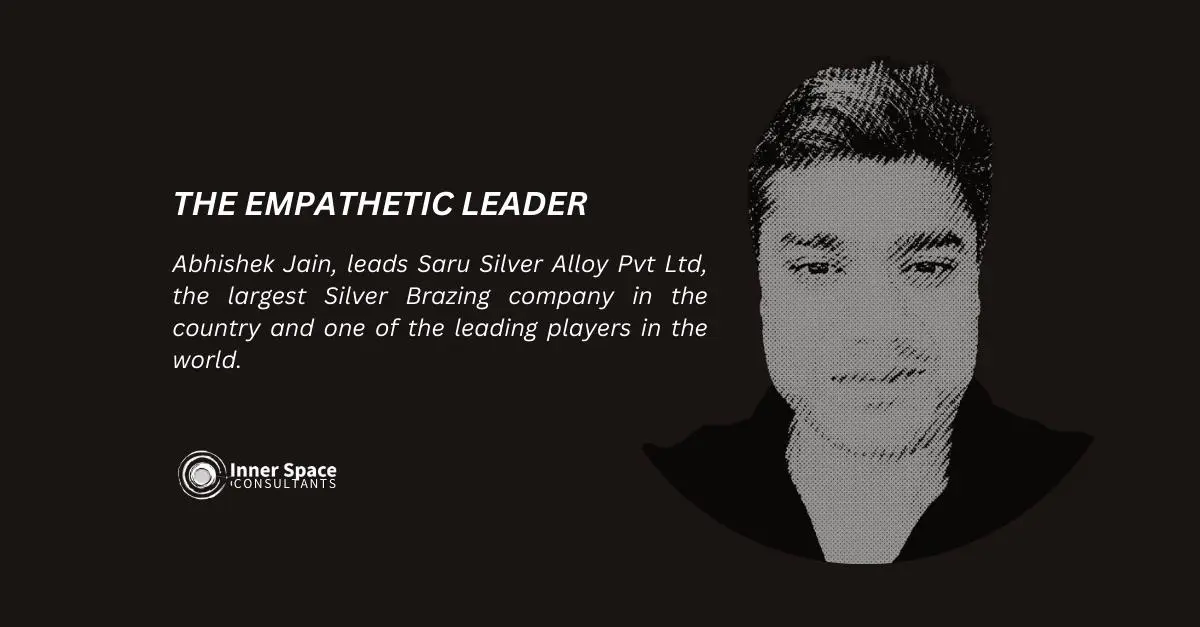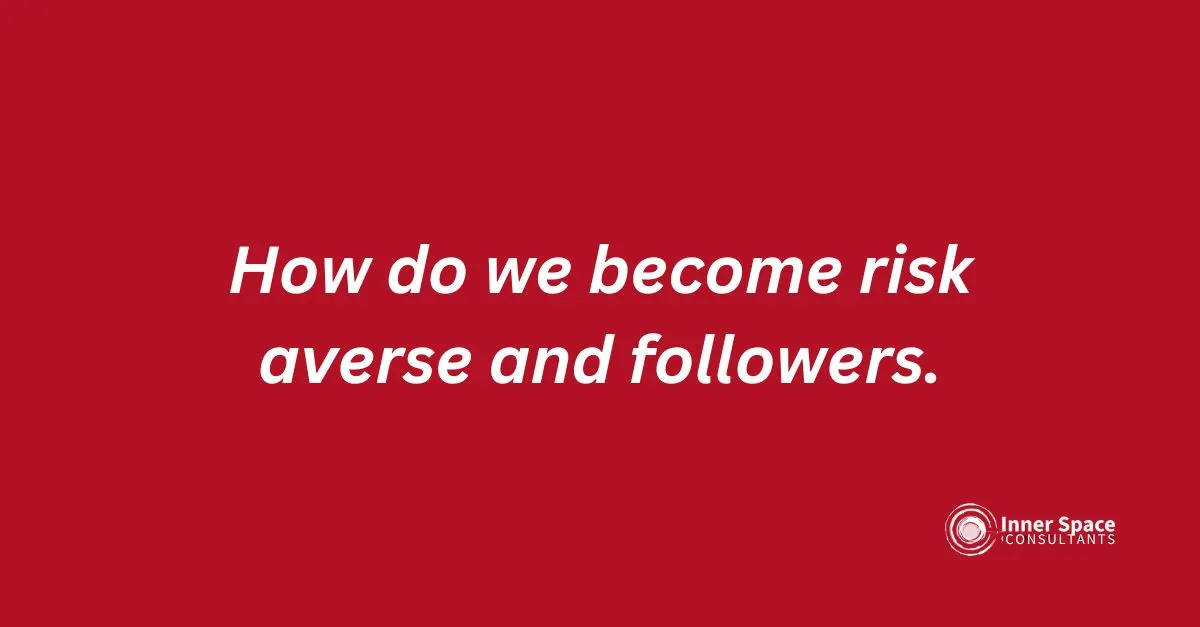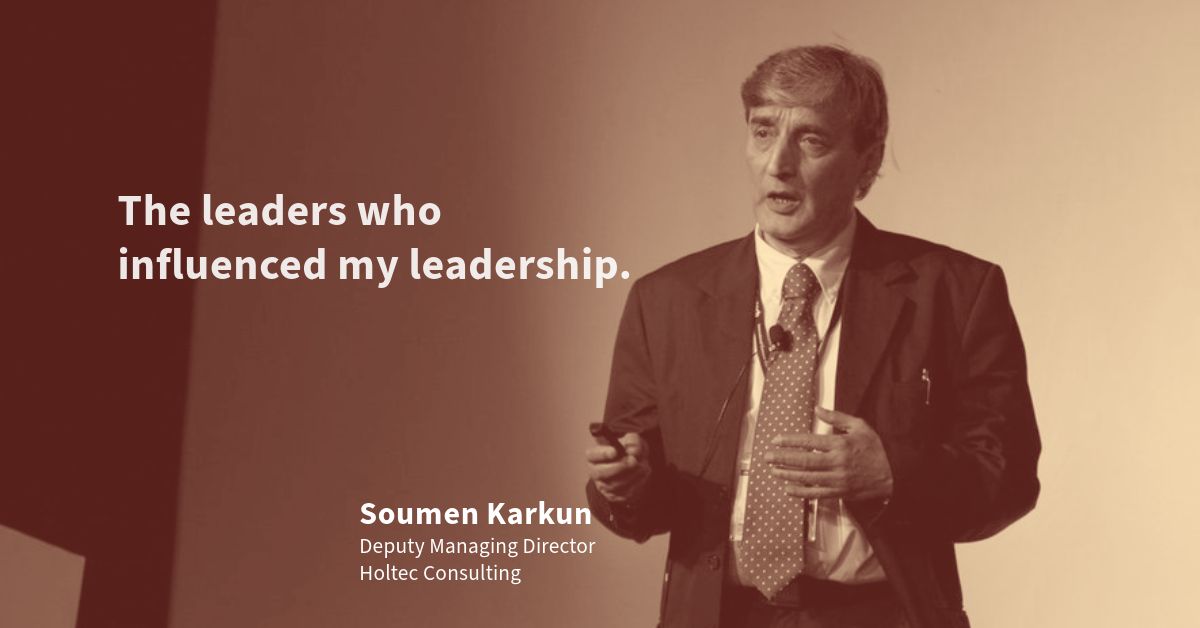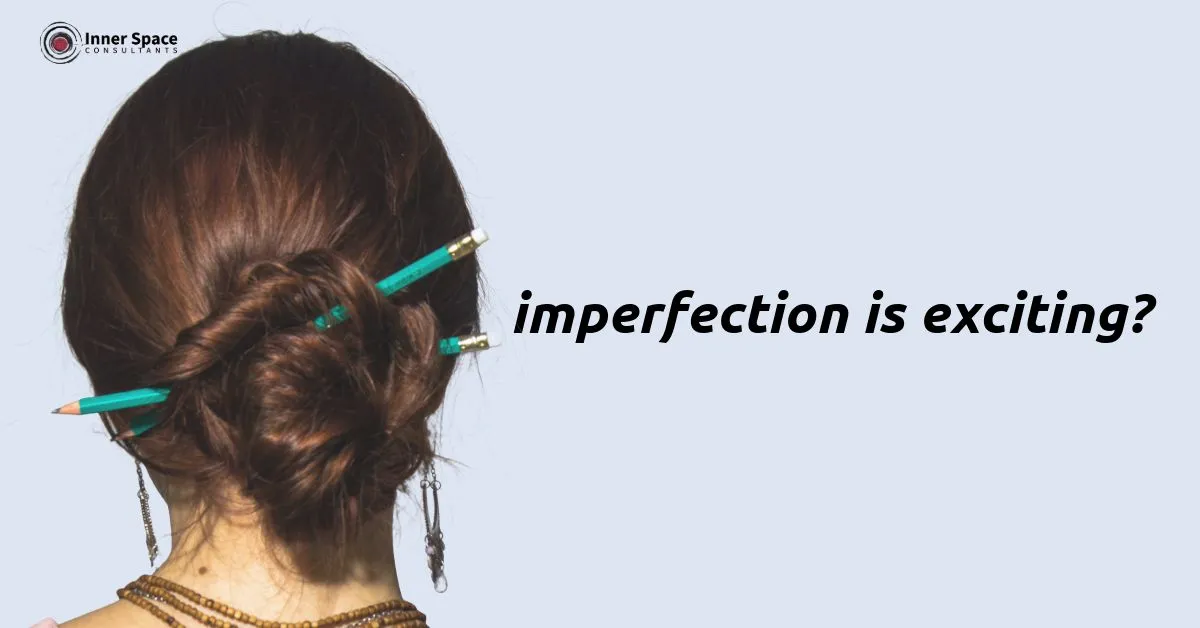A multinational engineering consulting firm, specializing in a niche area and operating in over 20 countries, approached me for a coaching assignment. The subject was a technical expert whose managerial skills were severely lacking.
The Brief:
- Manager rating below 40/100 in two consecutive engagement surveys
- Intimidating and non-inclusive management style
- Subordinates fearful; mistakes dealt with harshly
- Employees felt humiliated, criticized, and verbally abused
- Communication breakdown leading to concealment of errors and increased organizational losses
- Technically proficient but autocratic leader
The CHRO informed me this was the manager’s final opportunity for improvement before potential termination.
The Challenge: The coachee, a 50-year-old division head of a crucial department, had global experience with methods that had proven effective outside India. Unlearning these ingrained behaviors presented the most significant hurdle. Most of his learning were extremely hardwired.
Initial Resistance: Our introductory session revealed substantial resistance. The coachee stated his reluctance, participating only at his superior’s insistence. While aware of his poor reputation and survey scores, he staunchly defended his approach, asserting that toughness was necessary. Little introspection occurred, preventing us from setting initial goals.
Breakthrough Moment: The second session provided a crucial opening. The coachee mentioned being equally strict with his beloved only daughter. He recounted an incident where she, typically a top student, scored 80% in a math exam. Fearing his reaction, she forged his signature on the report card. Upon discovery, he shunned her for a month, canceled a school trip, and fasted for two days to “teach her a lesson.”
Probing: I prompted him to consider his daughter’s motivations and the potential consequences of his actions. I asked him some questions: “Why did his daughter hide her scores from him and forge his signatures?” What if she was still doing something like this without him knowing about it?” This set him thinking. This introspection led to a realization: his strictness drove both his daughter and his employees to conceal information from him. This epiphany marked a turning point in our discussions, opening him to new ideas and self-reflection.
The Turnaround: With this newfound openness, we established coaching goals and achieved them over 10 sessions. Six months later, the CHRO reported that the coachee’s rating had improved dramatically to 78/100 in the latest engagement survey. This remarkable progress from below 40 to 78 was a significant achievement for both the coachee and myself. He continues to work for the organization, now considered one of their better managers. In our final session, he expressed surprise at the new insights he had gained into his own behavior.
Key Takeaways for me: As a coach, I learned the importance of patience and seizing opportune moments that can transform into significant learning experiences for both coach and coachee. While maintaining a basic structure or model is crucial, it’s equally important to adapt to the coachee’s journey, fostering new neural pathways and reinforcing positive changes.















